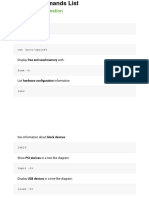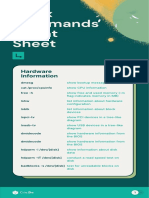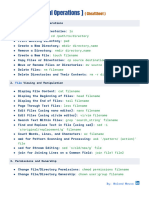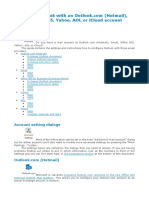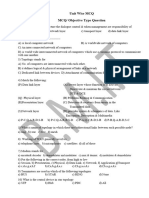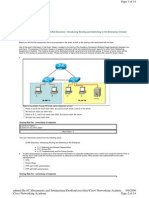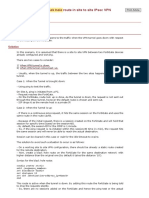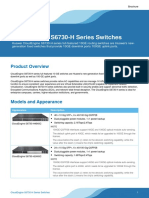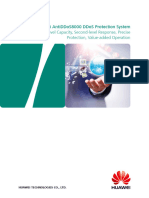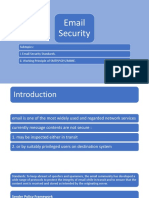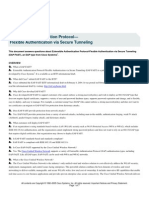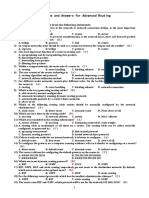0% found this document useful (0 votes)
18 views7 pagesLinux Basics
The document provides a comprehensive overview of basic Linux commands categorized into file management, user management, networking basics, and process management. Each command is accompanied by a brief description of its function. The publication is authored by Youcef Benabderrezak and was uploaded in December 2024.
Uploaded by
nhrnahidhasanCopyright
© © All Rights Reserved
We take content rights seriously. If you suspect this is your content, claim it here.
Available Formats
Download as PDF, TXT or read online on Scribd
0% found this document useful (0 votes)
18 views7 pagesLinux Basics
The document provides a comprehensive overview of basic Linux commands categorized into file management, user management, networking basics, and process management. Each command is accompanied by a brief description of its function. The publication is authored by Youcef Benabderrezak and was uploaded in December 2024.
Uploaded by
nhrnahidhasanCopyright
© © All Rights Reserved
We take content rights seriously. If you suspect this is your content, claim it here.
Available Formats
Download as PDF, TXT or read online on Scribd
/ 7

